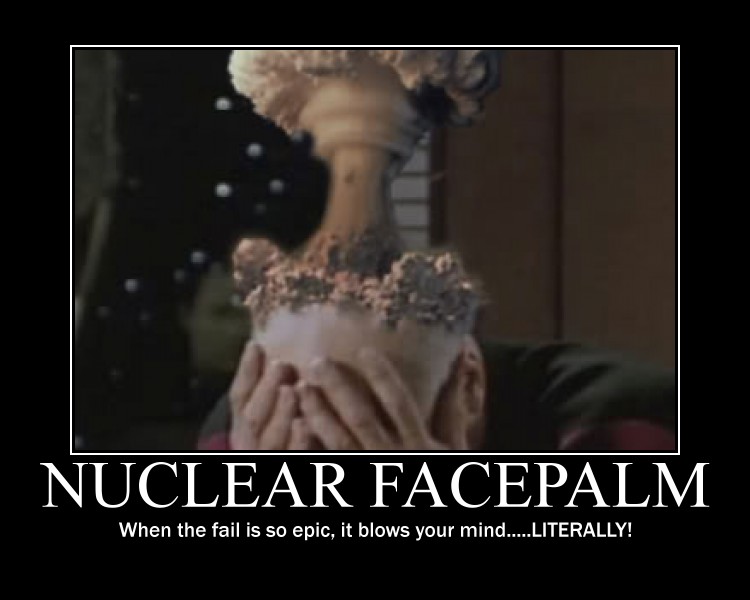mississippi
Member
yes, my mistake. thanks for correcting me. i just tried to form my thoughts in a somewhat understandable sentence, but sometimes i cant. (i only speak english as my secondary language.)IMO, not disturbing. It's a mention that folks may learn to get along or they may choose to not get along. And "right" is euphemism to getting along. Not to mention the subsequent comment:
of yourse, i wasnt talking about _forcing_ them to think "right" more like convincing them to understand, that the right thing is indeed right. so they see for themselves, that thinking that way might be better then they were thinking before. so help them to form their opinins justly.







